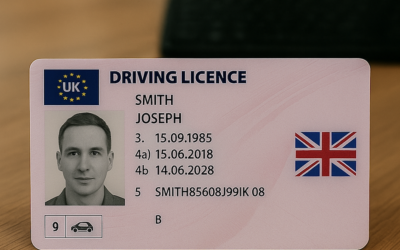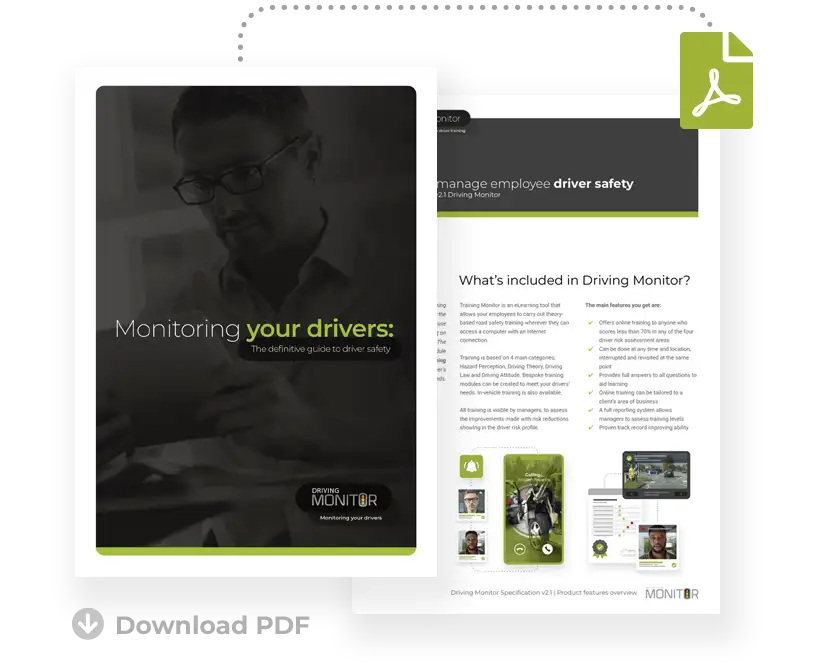Road Safety: Drink Driving Deaths Fall While Drug Driving Incidents Rise

Deaths relating to drink driving fell by 14% last year, according to the latest data, with a total of 260 deaths.
It’s a positive step as the government looks to crack down on drink driving incidents, but there are still concerns about the impact of drug driving.
That’s because while drink driving fatalities fell, drug driving deaths rose by 38% in the same period.
The overall picture of serious injuries and deaths relating to drink driving has remained broadly similar, however, with a smaller drop of 3% year-on-year.
How Much Of A Road Safety Concern Is Drug Driving?
Drink driving has been an issue we’ve all been acutely aware of for a long time, with incidents improving significantly once awareness work began in the 1970s.
The ratio of road collisions in which one or more drivers (or riders on mopeds and motorbikes) are over the legal drink-drive limit has remained at around 5%.
However, while the ratio remains the same, the overall number of road traffic incidents has fallen by 59% from 1979 to 2023, which is a huge improvement in overall road safety.
In fact, drink drive incidents have actually decreased by a larger percentage, with a 77% drop in the same period. Drug driving is an issue that has become an increasing concern in recent years, with more offences being recorded year-on-year.
Data from the Department for Transport (DfT) has shown that the total number of drug-driving incidents rose to 1,853 in 2023, almost tripling from 684 in 2014.
Drug driving is a serious concern for the police, road safety experts, the government, and other road users. With drug driving accounting for 8% of all road fatalities in 2023, it’s an issue that isn’t going to go away quickly.
The news follows a report last year which revealed that offences for drug driving, dangerous driving and speeding reached record levels in the last couple of years.
Data released by the Crown and Magistrates Court shows record highs in offences such as:
- Dangerous driving
- Drug driving
- Causing serious injury through dangerous driving
- Drivers failing to supply information when required
Does The UK Have A Dangerous Driving Problem?
The reality is that there are more drivers than ever on our roads, with more journeys per driver being completed.
That’s likely to lead to a rise in incidents compared to recent years, but the nature of the incidents (such as drug driving and dangerous driving) is concerning.
Awareness campaigns on drink driving, wearing seatbelts, speeding and other offences have proved effective over the years, but they often take years to be fully felt.
The same is true with new laws too, which can often take years to come into effect.
Driving offences do have a high conviction rate in court, however, which it’s hoped will act as a deterrent for anyone who might consider drink, drug or dangerous driving.
Penalties for drug driving vary, but the maximum punishment is a 6-month prison sentence, as well as a minimum 1-year driving ban and an unlimited fine if the driver isn’t charged with any other offences.
Do you think more needs to be done to clamp down on drug driving offences? And do you think dangerous driving is a serious concern currently? Let us know…










